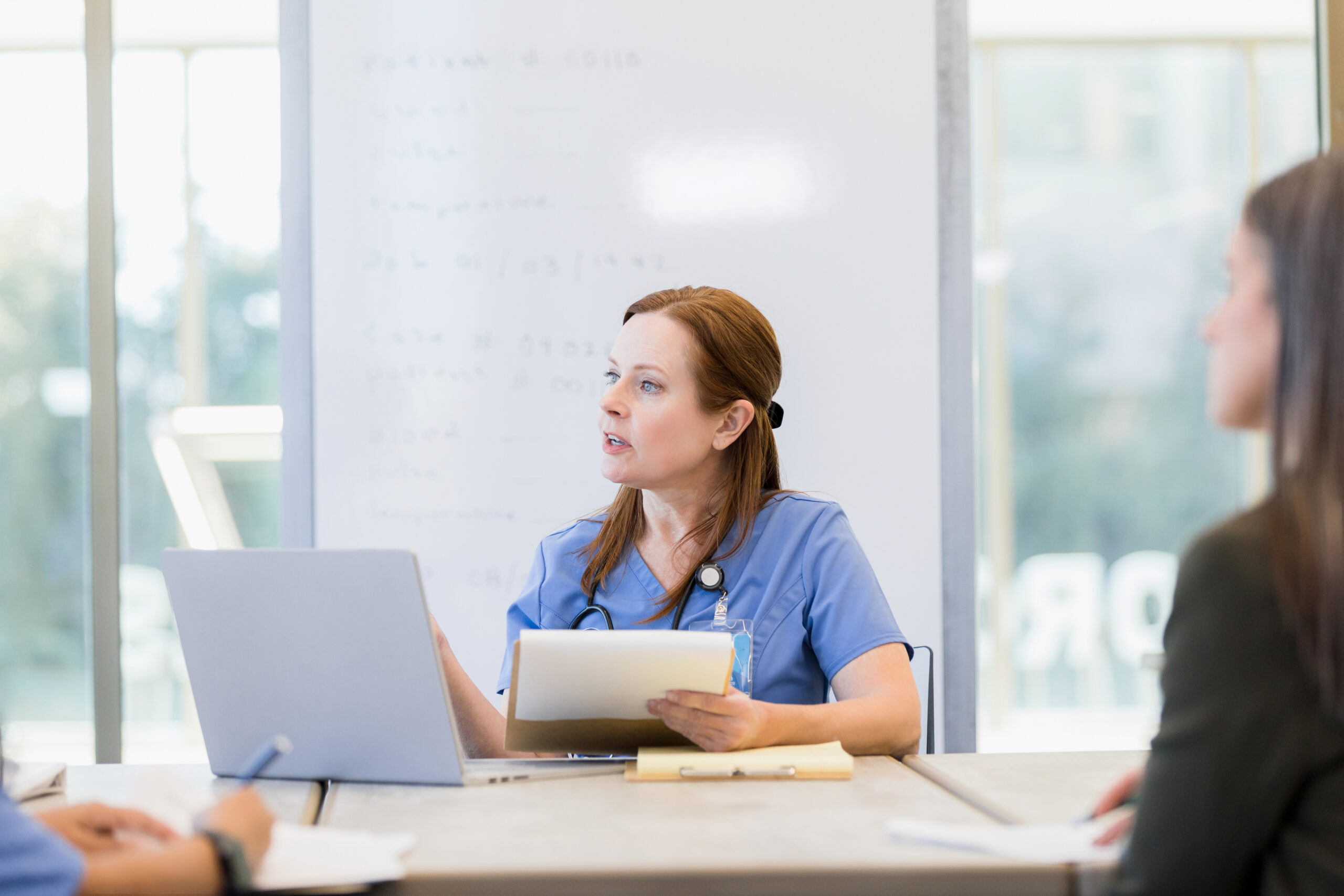The general surgery clerkship is known for being one of the most challenging rotations for third-year medical students. You spend long hours in the wards and operating room, navigate a hectic schedule with frequent calls, and find yourself left with little time to study in between. After weeks of this busy schedule on different surgery rotations—usually six to eight weeks, depending on the medical school—the time comes to face the surgery shelf exam.
The surgery shelf exam can be considered an opportunity to regurgitate all that you have learned during your surgical rotations. Just like any core shelf exam, a good score is a key factor in honoring the entire surgical rotation. This is especially important for individuals who are interested in a future surgical residency.
The question then becomes, how do you score well on your surgery shelf exam?
How to Ace the Surgery Shelf Exam
Know what will be on the exam
Many students (and even textbook writers) anticipate that the surgery shelf exam will test your knowledge of anatomy and surgical techniques, which is almost never the case. Instead, you’ll be asked about the medical management of surgical patients. An example of this could include a patient who you suspect might need to have their gallbladder taken out (a cholecystectomy). In that situation, you would expect to know the indications for medical management as well as the indications for surgical management.
To many, the surgery shelf feels as if the questions were a lot more like the medicine shelf exam. This feeling is appropriate as the exam focuses not only on intraoperative management but also includes management in the pre-operative and post-operative phases of the patient. In addition, the exam also tests the ability to determine if the patient needs surgery and if the patient is a surgical candidate.
Additionally, trauma is a very high-yield topic for surgery shelf exams. The key thing to remember is to ensure a patient is stable from A-airway, B-breathing, and C-circulation standpoint before you decide to send them for any further imaging studies. If they are not stable, you may need to consider surgical intervention. Making a diagnosis is not as important as ensuring patient stability and determining the patient condition.
Wondering if you’re on track with your shelf exam prep? Take our FREE quiz from our Blueprint experts to find out!
Questions, questions, questions
The surgery schedule is busy as it is. I think the best use of your day and time while on surgical rotation is by devoting your free time to doing questions. If you are in-between cases, do two questions from your favorite Qbank and read the explanation no matter whether you got the question right or wrong.
This will help you make the best use of your very little and limited spare time. It will also help you refresh your memory about topics you may know well enough to answer the question correctly but may not know all the details well enough to talk about it. Question banks are learning tools, so do not simply use them to determine if you got the question right or wrong. Rather, use the questions to identify topics where you have the largest knowledge gaps.
Still looking for Qbank options? Blueprint’s Individual Shelf Qbanks (and Combined Step 2 & Shelf Qbank) are fantastic resources that allow you to track your progress. There’s even a mobile app you can use quickly while on rotation so that you can take advantage of any downtime. I definitely recommend trying out the Combined Step 2 & Shelf Qbank free for seven days!
Study with books filled with pearls
A book that was my companion through the entirety of my surgical rotation was Dr. Pestana’s Surgery Notes. This is a great surgical reference textbook that is extremely short and concise, yet filled with high-yield topics. The book is small enough to carry in your white coat pocket and read in your spare time during your rotation. If time permits, you can even use the book to annotate extra information you think is relevant from your exposure to questions. I recommend you attempt to get through the entire book at least once during your rotation.
Other books available to you include De Virgilio Surgery and Step Up to Surgery. No matter which book you choose, it’s best to start studying as early as possible, especially with limited time resources. The earlier you can begin building your surgical foundation, the sooner you’re going to be able to start doing questions and excelling.
Create a study schedule
Surgical rotations are busy, and you may find it hard to allot specific studying time while on rotation. You should design a study schedule that allows you to read and complete practice questions while also getting the most out of your rotation. You owe it to yourself to get a good experience out of your rotations so that you can make an informed decision when choosing your medical specialty. For this, it’s a smart idea to spend most of your time during the rotation on rounds and scrubbing into surgeries.
As a result, most of your shelf exam studying is going to be mostly outside of the hospital in the evenings when you are tired from a long day of work. Try to stay consistent and set aside at least an hour every day to read and get some questions done. You’ll be thankful for this once your shelf exam comes around and already have a strong foundation of knowledge!
If you need help setting up a consistent study schedule, consider a smart study planner tool like Blueprint’s Med School Study Planner that schedules your study tasks with the click of a button. Learn how you can spend less time planning and more time studying with this 5-minute demo:
Check out this demo for Blueprint’s Med School Study Planner (formerly known as Cram Fighter) and learn how to create a custom study schedule in just a few minutes!
Ask for guidance
Remember that there are others who have been through this before and can help guide you! While you are on your clerkship, consider asking the residents and any MS4s you may come across for their recommendations and advice regarding this test. Ask for their advice on how to study for shelf exams and which shelf exam study resources they recommend. You can also ask for their insight on which topics to focus on that they encountered when taking their own shelf exam.
If you find yourself in need of some extra help, you may even consider hiring a med school tutor. You might be a good candidate for a tutor if you’d like some extra time to focus on a certain topic, need help staying on track with your study schedule, or if you need to retake the surgery shelf exam.






